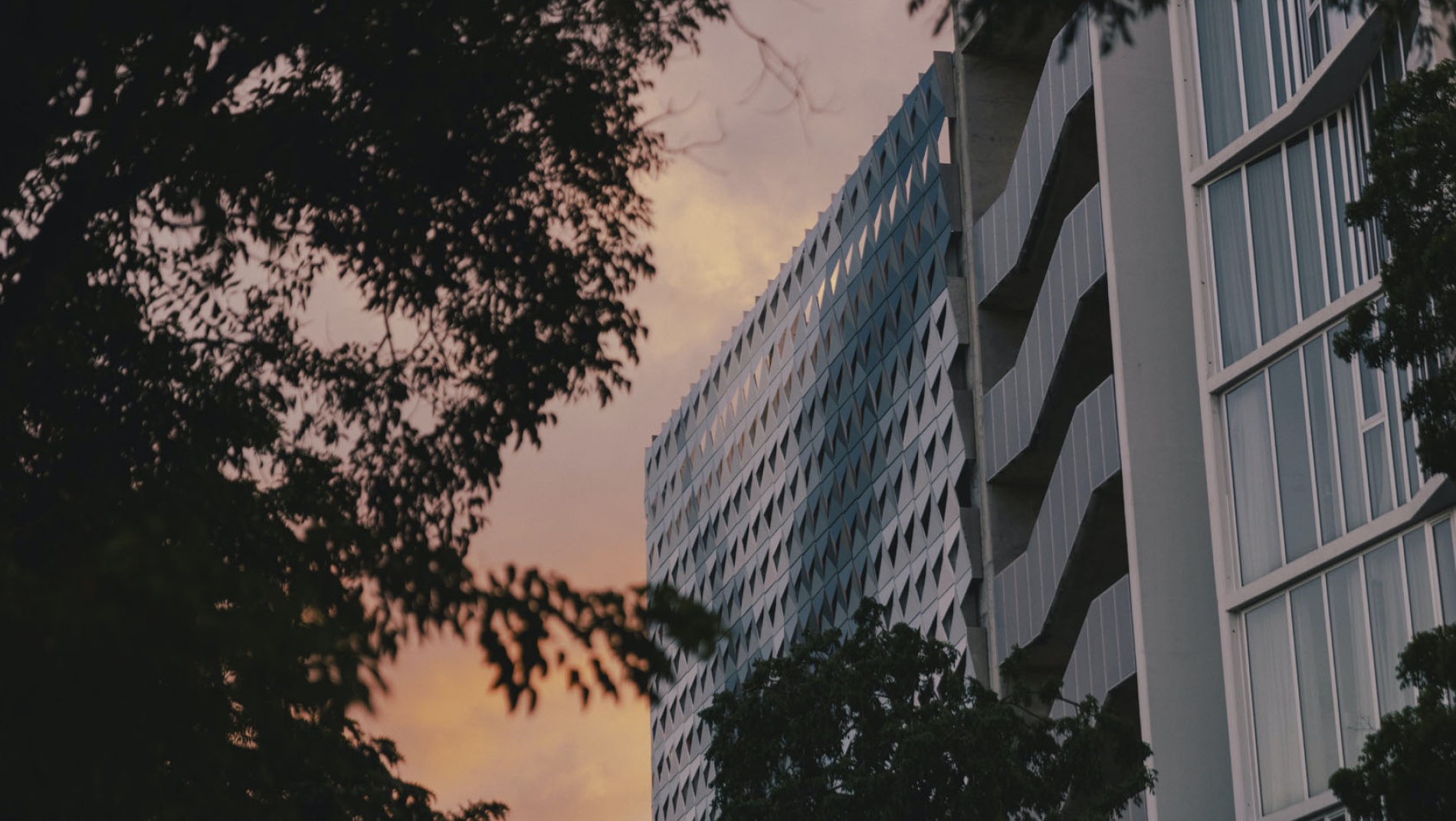When’s the last time you thought about the state of your association insurance? If you can’t remember, you’re not alone. Too many associations put their insurance coverage on autopilot, trusting that their agent will let them know if changes need to be made. That’s a great way to end up in serious financial trouble, especially if you don’t communicate things like capital improvements to that agent.
Your Board, management team, insurance agent and association attorney should review your insurance coverage every year and make recommendations for changes in coverage as needed. You and your fellow Board members should feel comfortable reaching out to your insurance agent (or asking your manager to do that) whenever a question comes up. A quality management partner will have the resources and purchasing power to help you make the most of your association’s insurance dollars, saving you money or getting better value for the same price.
Of course, insurance requirements vary from state to state, and even by county or city, so it’s important that your team be well-versed in the needs of your locality. What kinds of questions should you be asking when reviewing your insurance or looking for new coverage?
1. Does this coverage include all current aspects and accurate value of the property? Are all ancillary structures such a parking gates or gazebos included? Has the property experienced any significant additions since coverage was last updated? If you’ve made significant changes to your amenities or common areas, make sure the values of those changes are reflected in your coverage limits. Bring in a professional appraiser if needed to make sure that your numbers are accurate. It’s better to invest in an appraisal now than realize later that your coverage was too low. Remember that Board members can be held responsible if the property is under-insured or uninsured.
Property damage coverage may only cover your property to the original building standards. For an aging property, that can spell costly trouble. Let’s say part of your building floods. Will your current policy cover everything needed for repairs? Of course, building codes change over time, and repairs and replacements must be built to those new, more expensive codes. Building Ordinance and Law Coverage can help close those gaps and cover the costs of more costly repairs that meet current codes and standards.
2. What’s covered under your liability policy? Is it high enough? Liability coverage is important if anyone gets injured in the common areas, including the pool, spa and fitness rooms, including visitors. (Injuries in someone’s home or unit are the responsibility of the homeowner and their individual policies.) Your liability coverage may be called umbrella coverage. It does NOT cover property loss or damage.
3, Do you have Directors & Officers coverage? Also called D&O, this coverage helps protect individual Board members in some circumstances if the association is sued. It does not protect the Board member if they are willfully negligent, acted in bad faith or outside the Board’s scope of authority.
4. Are your worker’s compensation and theft coverage up to date? Worker’s compensation covers employees at your property as well as contractors. You may even be able to add volunteers to your worker’s compensation policy. If your property hosts a lot of events and programming run by volunteers in the building, you may want to consider that coverage to protect them when they’re working for your association.
While no one wants to think about employee theft, it happens from time to time. It’s better for your association to spend the small amount of money on that coverage now rather than regret it later.
5. Can you update mid-policy? If you make a capital improvement, such as adding a pool, don’t let that asset sit uninsured just because it’s not time to review and renew your coverage. The right broker or agent will work with you to amend your policy if needed to protect you and your association.
6. Do you need natural disaster coverage? Natural disaster coverage is becoming more common. Associations in Virginia, for example, never worried about earthquake coverage until the region experienced a 5.8 magnitude shock in 2011. Flood insurance may be required based on the location of your building and its proximity to bodies of water, including canals. If a hurricane or tropical storm approaches, you may not be able to buy that storm coverage once the storm is named. Look at the risks in your region and minimize them by having appropriate natural disaster coverage.
Understanding those basics will help you make sure that your association, residents and Board are properly protected.
Other Association Insurance Facts:
- Condo/Coop insurance is important.
Although it need not come from your agent or broker, advise your unit owners to get Condo/Coop Insurance, sometimes called an HO-6 Policy. This policy will provide coverage for costs to repair their unit that they are responsible for after a claim, their personal property, liability (generally worldwide, not just in their unit) and several other pieces of coverage. An additional coverage you can add to the policy is Loss Assessment Coverage. This provides coverage if unit owners are assessed by the association for either a claim to the property that exceeds insurance proceeds or as part of the property’s deductible. The correct Loss Assessment coverage on a Condo/Coop policy will let unit owners pay for that assessment without financial strain.
- Communication with residents and owners is critical.
When people move into the building, make sure they understand what is covered by the association’s insurance and what they are responsible for. Encourage them to sign up for HO-6 insurance and explain why it’s in their best fiscal interests. If changes in your insurance are going to be significantly more costly to the residents, be clear about why, especially if you are addressing vital gaps in coverage.
- Insurance is not a luxury.
It’s the law. And it’s your responsibility as a Board member. This is not an area in which you should let residents balk at spending more when needed to get the proper coverage your association needs. A good property management team can help you craft messaging that makes the need for a higher spend clear, if that is the case.
For most people, buying a home is one of the biggest single investments they make. Having the right insurance at the best possible price will secure that investment for everyone in your building.
To learn how a professional property management team can help you find the best insurance value for your community, contact AKAM today.

